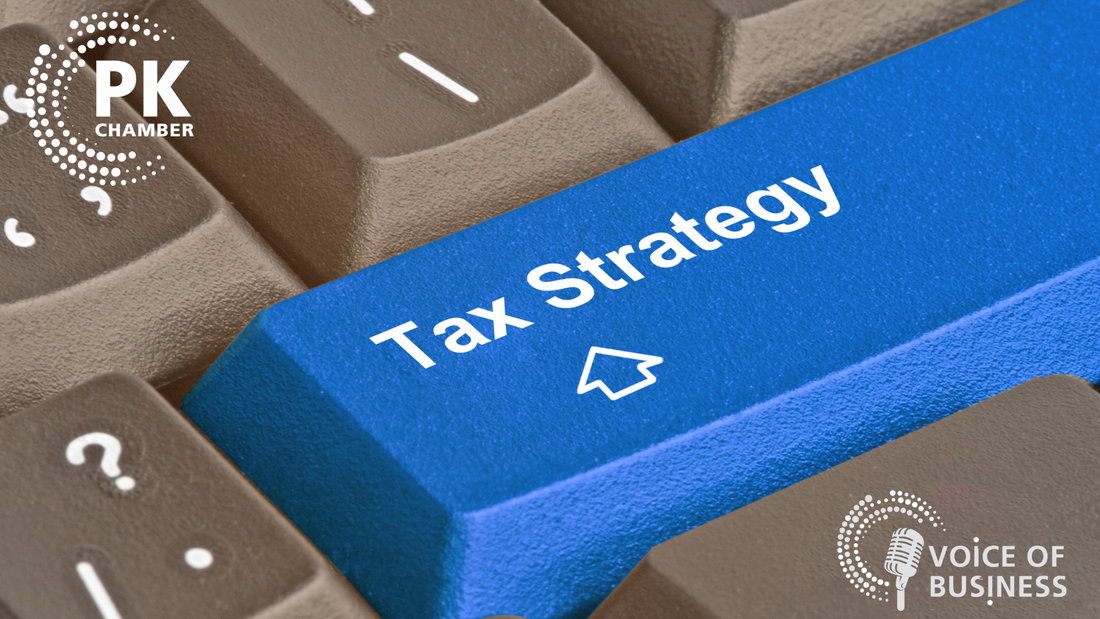During last year’s 2025 budget talks, the city increased Peterborough commercial to industrial property tax to 1.65 times the residential rate, up from 1.5 times. This hike amounted to collecting approximately 22 per cent more property taxes from local businesses, but thankfully this move was rejected by the provincial government. Currently the Municipal Act limits commercial and industrial property taxes to a 0.6-1.1 ratio.
To put it into perspective, as of 2023, Peterborough businesses paid 150 per cent of what residents pay on industrial and commercial properties. Many municipalities are charging in excess of the mandated ratio of 0.6 - 1.1. For example, cities outside of the GTA pay on average commercial and industrial tax ratio of 1.81 - 2.32. Cities within the GTA such as Toronto, Richmond Hill, Mississauga, Brampton, and Markham, pay an average rate of 1.94 - 2.06 for commercial to industrial tax. It is evident cities all over Ontario, not just Peterborough, are operating outside the 0.6 - 1.1 tax ratio.
According to the Peterborough Examiner, the reason behind this tax increase for Peterborough derives from the 10.28 per cent increase in costs. Included in these costs is $2.1 million more to cover salaries for municipal workers, $2.1 million more to cover salaries for worker benefits and $1 million more to run Peterborough Police Services. Without this tax, this leaves the city with a $3.1 million shortfall. This means the city will need to look for other ways to generate revenue.
Our Chamber here in Peterborough and the Kawarthas actively participated in bringing this proposal to the provincial government. Joel Wiebe, Vice President of Operations & Government
Relations, met with the Ministry of Municipal Affairs and Housing to advocate on behalf of businesses in Peterborough who are disappointed in this increase.
With the rejection from the ministry to increase the tax ratios, councilors need more time to work on creating a fair and equitable tax ratio for businesses in Peterborough. Increasing tax ratios is not a solution to reduce costs for the city. Businesses should not face the burden of reducing costs at times where widespread inflation is affecting everyone.
Mayor Jeff Leal reiterated a previous warning he made earlier, “People thought it was a hyperbole when I said we would hit the wall...there’s the wall. Right there.”. His statement highlighted the city’s dead-end in finding solutions to reduce costs. With the proposed tax hike rejected, Leal suggested gathering additional revenue from city partners. For instance, he hinted Trent University, as Trent is not required to pay property taxes to the city.
Furthermore, Leal proposed “it is time to have serious discussions with our partners, we can’t keep going like this” Leal said. With cost recoveries lagging, we need alternative solutions to help reduce future costs. This will require aid from local partners and generating revenue through other means, not businesses.
The city will have to make some tough decisions when it comes to next year’s budget. Costs to run the municipality are going up, but it cannot push off those increases by arbitrarily hiking taxes on businesses to minimize the impact on residential taxpayers.
Mayor Leal is committing to growing our local business base by increasing our commercial and industrial assessment base from 20 to 30 per cent and increasing our GDP growth rate from 15 – 30 per cent. This will benefit all taxpayers by growing our economic base, thereby generating more tax revenue for the city.


